Routine Dental Care for Senior Pets: Ensuring a Healthy Smile
The Importance of Dental Health in Senior Pets
As pets age, dental health becomes crucial to their overall well-being. At Peak City Veterinary Hospital in Apex, North Carolina, we understand the unique challenges of maintaining the dental health of older pets. A healthy smile in their senior years is essential not just for aesthetics, but for their quality of life.
The Broader Impact of Dental Health
Dental health is closely linked to a pet’s overall health and behavior. Poor dental hygiene can lead to chronic pain, manifesting as irritability, lethargy, or aggression. Additionally, dental disease can worsen other health issues like heart and kidney disease, as bacteria enter the bloodstream and travel to vital organs.
Understanding Senior Pet Dental Health
What Happens to a Pet’s Teeth with Age?
As pets age, they are prone to dental issues such as periodontal disease, tooth decay, and tooth loss. These conditions can cause discomfort, pain, and other serious health complications.
Medical Insights into Aging Teeth
With age, gums may recede, exposing sensitive roots and increasing the risk of fractures and infections. Enamel wears down over time, making teeth more susceptible to decay. Periodontal disease, involving inflammation and infection of the structures around the teeth, can progress rapidly if untreated, leading to bone loss and tooth mobility.
Why Dental Care is Critical
Dental health is directly linked to overall health outcomes. Neglecting it can lead to severe systemic infections affecting vital organs, making routine dental care essential for senior pets.
Long-term Effects of Poor Dental Health
Ignoring dental issues can result in chronic pain and systemic problems, including endocarditis, a potentially life-threatening heart valve infection. Poor dental health can also exacerbate conditions like diabetes due to inflammation affecting insulin metabolism.
Key Components of Dental Care for Senior Pets
Regular Veterinary Dental Check-ups
Regular dental check-ups are vital for maintaining dental health. At Peak City Veterinary Hospital, we recommend annual dental examinations for senior pets. These check-ups help identify and address potential issues early. Learn more on our dental services page.
What to Expect During a Dental Check-up
During a dental examination, veterinarians assess each tooth for decay or disease, check gum integrity, and look for abnormal growths. X-rays may be taken to reveal issues like abscesses or bone loss not visible to the naked eye.
At-Home Dental Care Techniques
An effective at-home dental care routine is crucial for senior pets. Here’s a simple guide to brushing your pet’s teeth:
- Choose a quiet time and place.
- Use a pet-specific toothbrush and toothpaste.
- Let your pet taste the toothpaste and gradually introduce the brush.
- Gently brush in a circular motion, focusing on one quadrant at a time.
For detailed instructions, read this guide from Colorado State University Veterinary Teaching Hospital.
Tips for Successful At-home Dental Care
- Routine and Rewards: Establish a regular brushing routine. Reward your pet with a healthy treat or a favorite activity to create a positive association.
- Dental Toys and Chews: Use dental toys or treats that promote chewing, which can help clean teeth and massage gums.
Professional Cleaning and Advanced Care
Professional cleanings under anesthesia allow for thorough cleaning of each tooth and below the gum line. Learn more about routine cleanings on our dental services page. Depending on the severity of dental disease, procedures like extractions or advanced care may be necessary. More information is available on our veterinary surgery page.
When is Emergency Dental Care Necessary?
Dental emergencies include acute pain, swelling of the face or jaw, and persistent bleeding. If your pet can’t eat or is drooling excessively, it may indicate an urgent issue needing immediate attention.
Common Dental Conditions in Senior Pets
Identifying Dental Diseases
Common dental ailments include periodontal disease, gingivitis, and tooth resorption. Symptoms to watch for include bad breath, difficulty eating, pawing at the mouth, and visible tartar.
Special Considerations for Cats
Cats may suffer from conditions such as feline oral squamous cell carcinoma, requiring immediate attention. For more, visit NC State Veterinary Hospital’s information page.
Treatment Options and Preventative Measures
Treatment might include professional cleanings, oral surgeries, or specialized treatments like root canals. Preventative measures include regular brushing, dental-friendly diets, and chew toys designed to help clean teeth.
Outcomes and Progression of Dental Diseases
Without treatment, dental diseases can lead to chronic pain, weight loss, and systemic illnesses. Timely intervention and consistent care can prevent these, enhancing longevity and quality of life.
Scheduling a Dental Check-Up
Dental health is crucial, and timely care is essential. To schedule your pet’s next dental check-up, please visit our Request Appointment page.
Commitment to Your Pet’s Dental Health
At Peak City Veterinary Hospital, we are dedicated to helping your senior pet maintain a healthy, pain-free smile. Reach out today to see how we can support your pet’s health and happiness. For more information or to arrange a visit, contact us through our Contact page.
Comprehensive Dental Care for Senior Pets: Protecting Their Health and Quality of Life
The Importance of Dental Health in Senior Pets
As pets age, dental care becomes more critical than ever. Senior pets face an increased risk of gum disease, tooth decay, infections, and even tooth loss, all of which can significantly impact their overall well-being. At Peak City Veterinary Hospital, we emphasize the importance of preventative dental care to ensure that aging pets maintain a healthy, comfortable, and pain-free life.
Many pet owners assume that bad breath or difficulty chewing is a natural part of aging, but these symptoms often indicate underlying dental disease. Without proper care, these conditions can progress into severe infections, chronic pain, and even systemic illnesses affecting major organs like the heart and kidneys.
Understanding how dental health connects to a pet’s overall well-being is crucial. Routine dental exams and proper at-home care can extend a pet’s lifespan, improve their quality of life, and prevent costly, advanced treatments down the road.
The Broader Impact of Dental Health on Senior Pets
How Dental Health Affects the Entire Body
Dental disease does not just impact a pet’s mouth—it can compromise their entire system. The bacteria that accumulate in an infected mouth can enter the bloodstream, affecting the:
- Heart: Chronic oral infections can lead to endocarditis, an inflammation of the heart’s inner lining, increasing the risk of heart failure.
- Kidneys & Liver: Bacteria from dental infections often travel to these organs, contributing to organ dysfunction and failure.
- Immune System: Ongoing dental infections put stress on a pet’s immune defenses, making them more susceptible to other illnesses.
Chronic oral pain can also affect behavior. A pet experiencing discomfort may:
- Eat less, leading to malnutrition and weight loss.
- Become irritable or withdrawn, avoiding social interaction.
- Paw at their mouth or drool excessively due to sensitivity and pain.
By prioritizing dental care, pet owners can prevent unnecessary suffering and keep their pets comfortable as they age.
Understanding Senior Pet Dental Health
What Happens to a Pet’s Teeth as They Age?
Aging brings significant changes to a pet’s dental structure and health:
- Enamel Wears Down: Years of chewing weaken the protective coating on teeth, making them more prone to decay and fractures.
- Gum Recession: As gums shrink back, they expose more of the tooth root, which is extremely sensitive and vulnerable to infection.
- Increased Risk of Periodontal Disease: Plaque buildup can lead to painful inflammation, gum infections, and tooth loss if untreated.
Signs of Dental Disease in Senior Pets
Pet owners should watch for the following symptoms of dental distress:
- Bad breath (halitosis) – A strong odor can indicate bacterial infection.
- Difficulty eating – Pets may drop food, favor one side of the mouth, or avoid hard kibble.
- Pawing at the mouth – A sign of pain or discomfort.
- Bleeding gums – Often linked to advanced periodontal disease.
- Visible tartar buildup – Yellow or brown deposits on teeth.
- Swelling of the face or jaw – Could indicate an abscess or severe infection.
If any of these symptoms appear, it is time for a comprehensive veterinary dental exam. Schedule an appointment with our team for an evaluation.
Essential Dental Care for Senior Pets
Regular Veterinary Dental Check-Ups
Annual or bi-annual dental exams are crucial for early detection of hidden dental problems. At Peak City Veterinary Hospital, we perform:
- Comprehensive oral exams to detect decay, fractures, or gum disease.
- Dental X-rays to evaluate issues beneath the gum line.
- Professional cleanings to remove plaque and tartar buildup.
Advanced periodontal disease is irreversible, so early intervention is key to preserving a pet’s teeth and overall health. Learn more on our dental services page.
At-Home Dental Care for Senior Pets
A strong at-home dental routine supports the benefits of professional cleanings. Here’s how pet owners can maintain their senior pet’s oral health:
Brushing Teeth
- Use a pet-safe toothbrush and toothpaste (never human toothpaste).
- Start with short sessions, allowing your pet to get comfortable.
- Focus on circular motions, reaching the gum line.
- Be consistent—daily brushing is ideal, but even a few times a week helps.
Dental Treats & Chews
- Choose VOHC-approved dental chews to help reduce plaque.
- Avoid hard bones or rawhides, which can cause fractures.
- Use dental water additives to help control bacteria in the mouth.
Prescription Dental Diets
Certain veterinary diets are specially formulated to reduce plaque and tartar. Discuss nutritional options with your veterinarian to see if your pet could benefit from a dental-friendly diet.
For more at-home dental care guidance, read this guide from Colorado State University Veterinary Teaching Hospital.
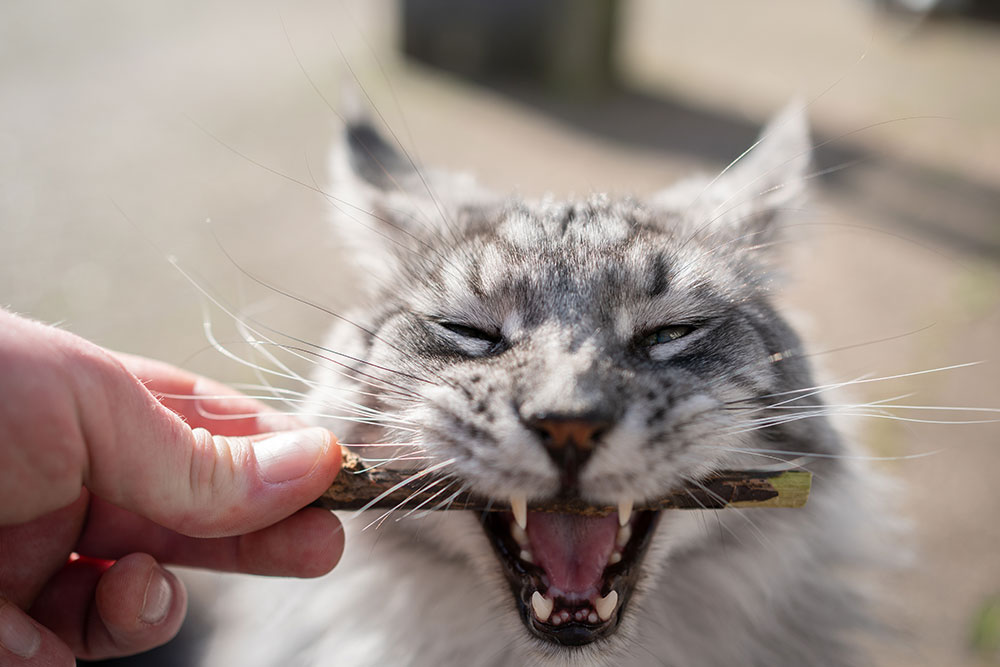
The Role of Professional Dental Cleanings
Even with regular brushing and dental chews, plaque and tartar can still accumulate beneath the gum line.
Why Anesthesia is Necessary for Dental Cleanings
Many pet owners worry about anesthesia for senior pets, but modern veterinary techniques ensure safety and comfort. Anesthesia allows for:
- Thorough plaque and tartar removal—above and below the gum line.
- Detailed examination of every tooth—to detect decay, fractures, or abscesses.
- Pain-free extractions—for severely damaged or infected teeth.
For pets with advanced dental disease, oral surgery may be required. Learn more about our veterinary surgical services for extractions and advanced dental care.
Preventing Dental Emergencies in Senior Pets
Some dental issues require immediate veterinary attention. Contact a veterinarian if your pet experiences:
- Severe mouth pain (whining, reluctance to eat).
- Swelling around the face or jaw.
- Sudden excessive drooling or bleeding.
- A broken or loose tooth.
For urgent dental cases, don’t hesitate to reach out to our team during business hours, and keep this list of local emergency hospitals handy.
Protecting Your Senior Pet’s Dental Health for Life
With routine dental exams, at-home care, and professional cleanings, senior pets can avoid unnecessary pain and live a healthier life.
Steps for Lifelong Dental Health:
- Annual veterinary check-ups to monitor oral health.
- Daily brushing & dental treats to prevent plaque buildup.
- Professional cleanings to remove deep tartar.
- Early intervention to prevent serious dental disease.
At Peak City Veterinary Hospital, we are dedicated to helping pets enjoy their golden years without dental pain. If your senior pet is due for a dental exam or cleaning, schedule an appointment today.
For more information on maintaining your pet’s health, contact us. Let’s work together to keep your pet’s smile healthy and pain-free for years to come.


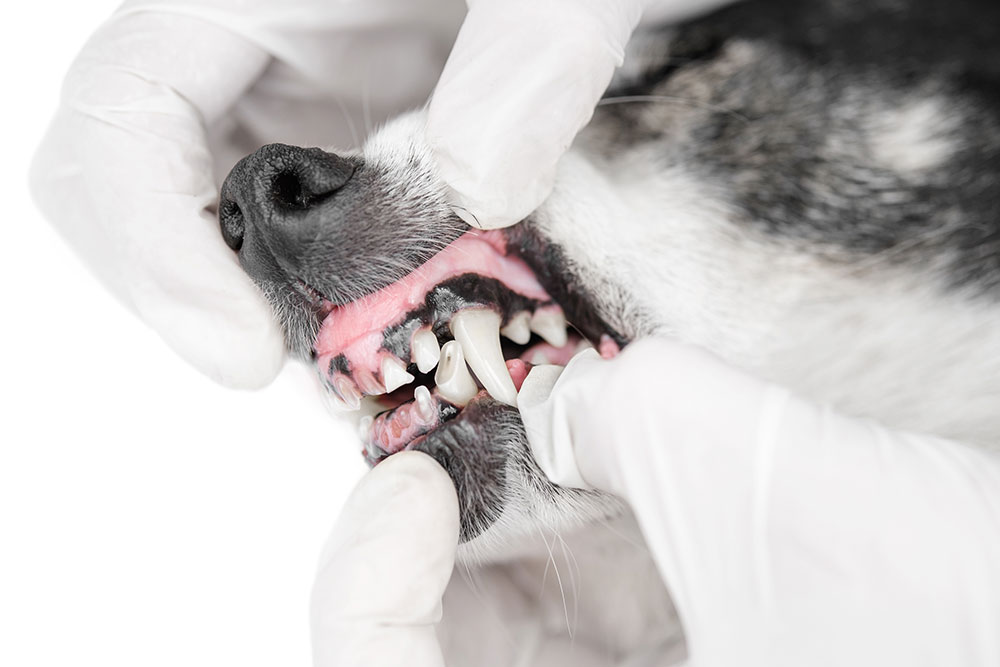
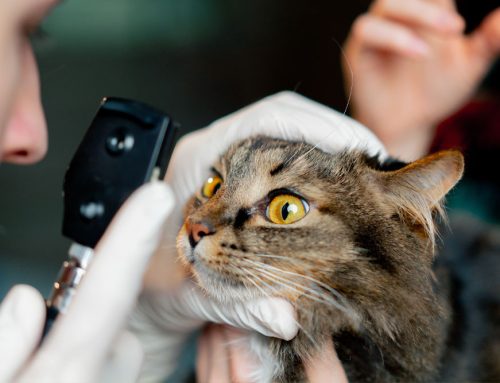

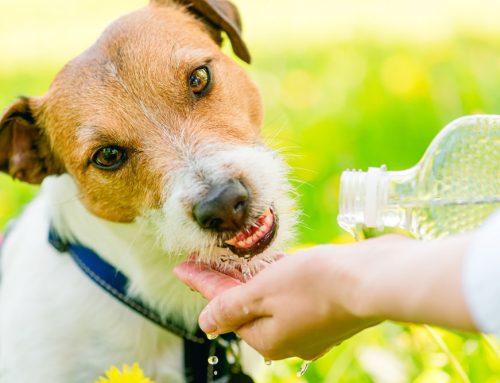
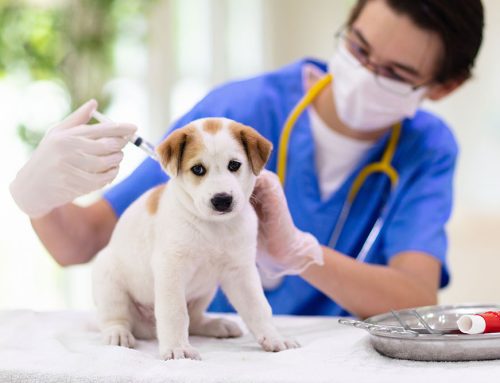


Leave A Comment